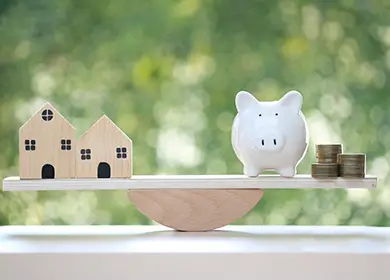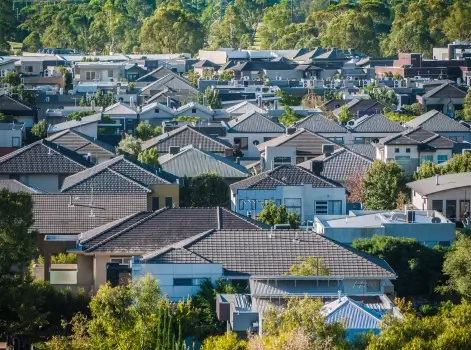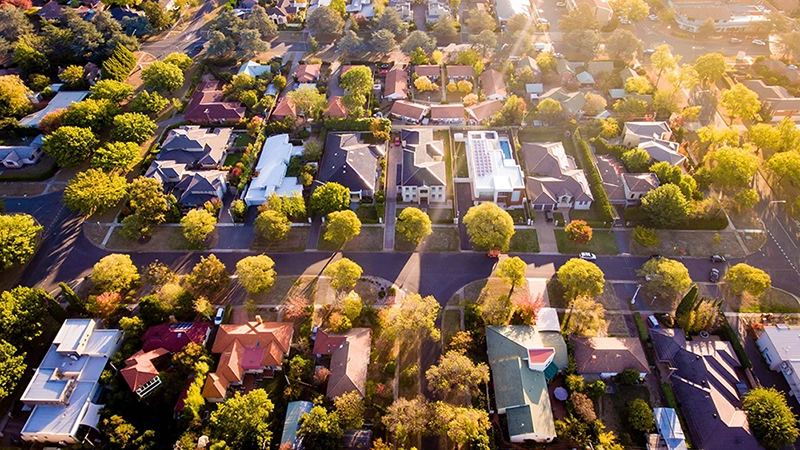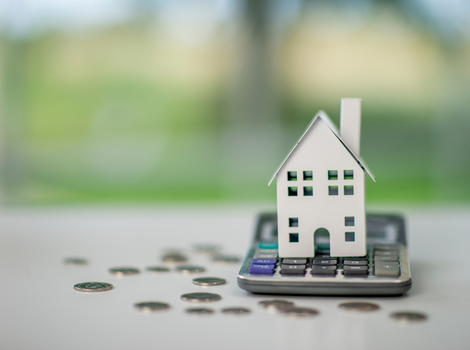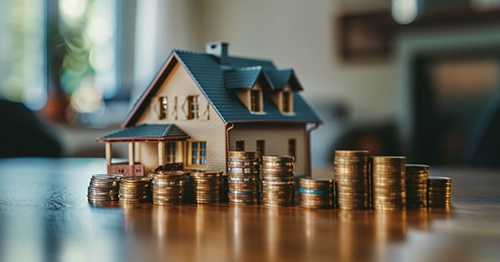Updated: 29 May, 2025
Australia is currently in a COVID-19 induced recession.
However, this recession is different because:
- This is a COVID-19 induced recession and not caused by economic downturns. The government implemented lockdowns to control the spread of coronavirus which led to a contraction in the economy.
- To support businesses, employment, income and the flow of credit, the government announced fiscal and monetary-easing policies like JobKeeper payments, SME guarantee lending, etc.
- Banks and lenders also announced COVID-19 policies like repayment holidays and changing repayments to interest-only to support customers who were affected by the pandemic. This could explain why forced sales were few and far between, and property prices did not plunge as many had predicted.
- Lockdowns are easing, businesses are operating, and property markets are holding auctions and property inspections, albeit under the new COVID-19 norms.
- There was significant structural change as people and businesses adopted digital technologies. These could also lead to structural unemployment, especially for people whose jobs are associated with business and retail companies.
What is a recession?
A recession is a period when the economy contracts and there is a rise in the unemployment rate.
There is a sustained period of low or negative growth in Gross Domestic Product (GDP).
- Levels of household spending are low.
- Businesses are not hiring, and some are laying off their employees.
The technical definition of a recession is when there are two consecutive quarters of negative growth in real GDP. This is what Australia is going through right now.
This is Australia’s first recession in almost 30 years, with its GDP figures for June quarter down 7% and a drop of 3% for the March quarter.
What has happened to property prices during past recessions and economic downturns?
The last time Australia went through a recession was in the 1990s, and it suffered an economic downturn during the 2008 Global Financial Crisis (GFC).
During the 1990s recession, property values declined by 4.4% between June 1989 to October 1990.
During the 2008 GFC, the national dwelling market dropped 7.5% between February 2008 and January 2009. Due to the uplift in mining-related investment, cash rate cuts and government stimulus, the property market experienced a faster recovery.
Between 2014 and 2017, there was a housing downturn as policies restricted investment lending. However, the cash rate cuts and easing serviceability led to an owner-occupied rebound in the housing market.
Buying a house in a recession: Pros and Cons
Here are some reasons why you might consider buying a property during a recession:
- Mortgage interest rates are low. Banks are offering fixed home loan rates below 2%.
- There is less competition from other serious buyers.
- Sellers and agents are more willing to negotiate as they do not want their property listed in the market for too long.
However, there are also reasons you shouldn’t buy during a recession:
- If you have concerns regarding your employment and income, it’s better to hold off plans to buy as you might not be able to manage home loan repayments.
- Banks have stricter lending policies and might not lend to those who are affected.
Tips for buying a property during a recession
- Get your home loan pre-approved to gauge how much you can borrow and whether there are lenders who can help.
- Get to know the price range in the area to make sure you’re not overpaying.
- Don’t get involved in bidding wars at auctions. Set a price limit and stick to it.
- Double-check to ensure the property title is not in the name of a bank or lender, as foreclosed properties will have the bank or lender’s name on the property title.
- Look out for sellers who’ve had their property on the market for a long time, and are willing to sell at reduced prices.
- Get the help of a buyer’s agent.
Are you looking to buy?
Our mortgage brokers are here to help with your home buying journey. Call us on 1300 889 743 or fill in our free assessment form.
